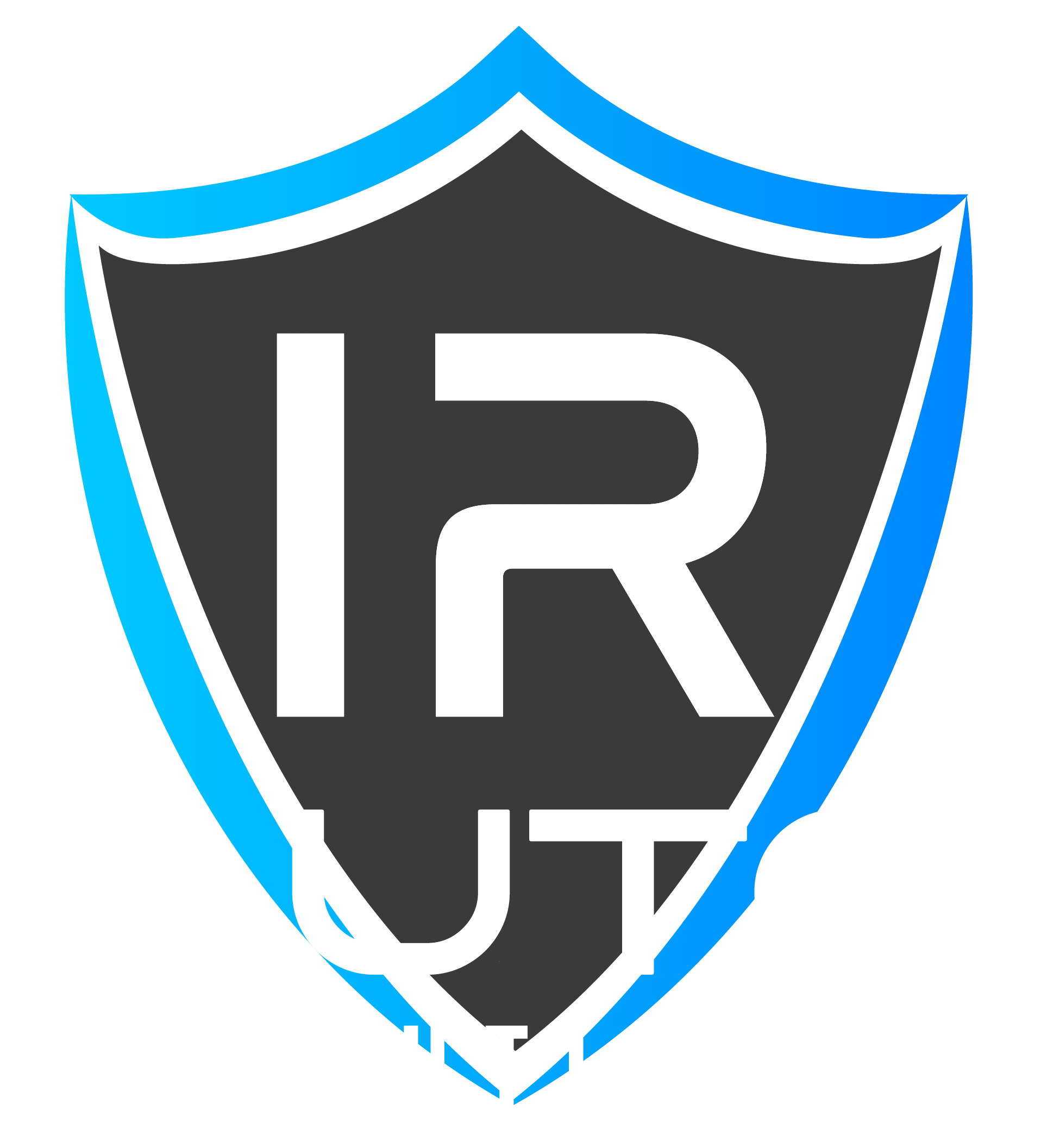North Carolina’s window tint laws balance driver safety, UV protection, and law enforcement visibility. This guide clarifies VLT limits, vehicle exemptions, compliance checks, and penalties so every driver—and IR Auto Solutions—can ensure legal, high-quality tint installations.
Key Takeaways
- NC mandates 35% minimum VLT for front side and rear windows unless factory tinted.
- Medical exemptions require a doctor’s note for darker tint on photosensitive patients.
- Violations incur fines, repair orders, and must be corrected within 45 days.
- IR Auto Solutions offers compliant film installation and VLT certification in Asheville.
- Trust NC statutes §20-121 and DMV resources for legal NC tint updates.
What are North Carolina’s auto tint regulations?

North Carolina regulates window tint by mandating minimum visible light transmission (VLT) percentages for passenger vehicles. IR auto solutions educates Asheville drivers on legal NC tint to ensure compliance with state law.
State statute §20-121 requires front side windows to allow at least 35% of light through, rear side windows 35%, and rear windshield 35% unless the vehicle has side mirrors. Automotive safety studies show that proper window tint asheville nc reduces UV exposure by up to 99%, protecting skin and dashboards from sun damage.
What visible light transmission requirements apply in NC?
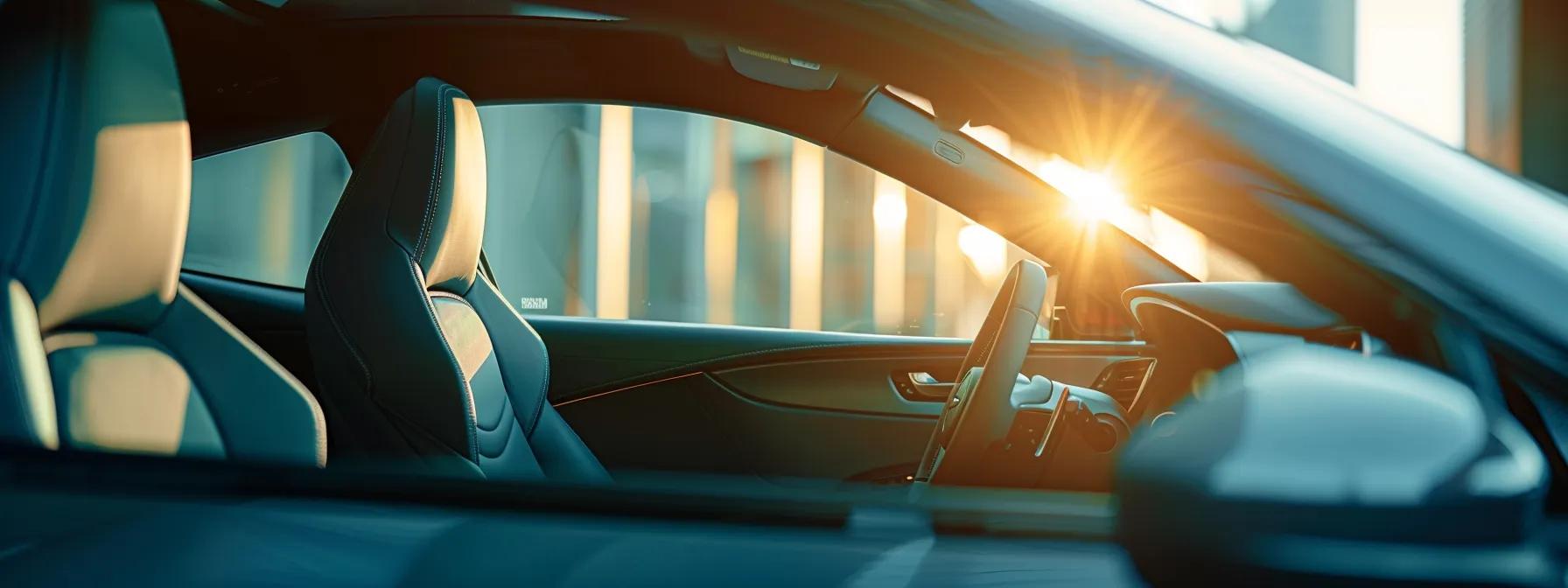
Visible light transmission requirements in NC specify the minimum percentage of daylight that must pass through tinted windows. IR Auto Solutions supplies Llumar tint and ceramic films that meet these legal NC tint standards.
Front side windows must transmit at least 35% of visible light, ensuring driver visibility during traffic stops and nighttime driving. Rear side windows and rear windshields also require 35% VLT unless factory-tinted, when they may be darker. Proper VLT balances UV radiation reduction—up to 98% of UVA and UVB—with safety, preventing photosensitivity and glare for ambulance, pedestrian, and motor vehicle awareness.
What are the allowed tint percentages for passenger vehicles in NC?
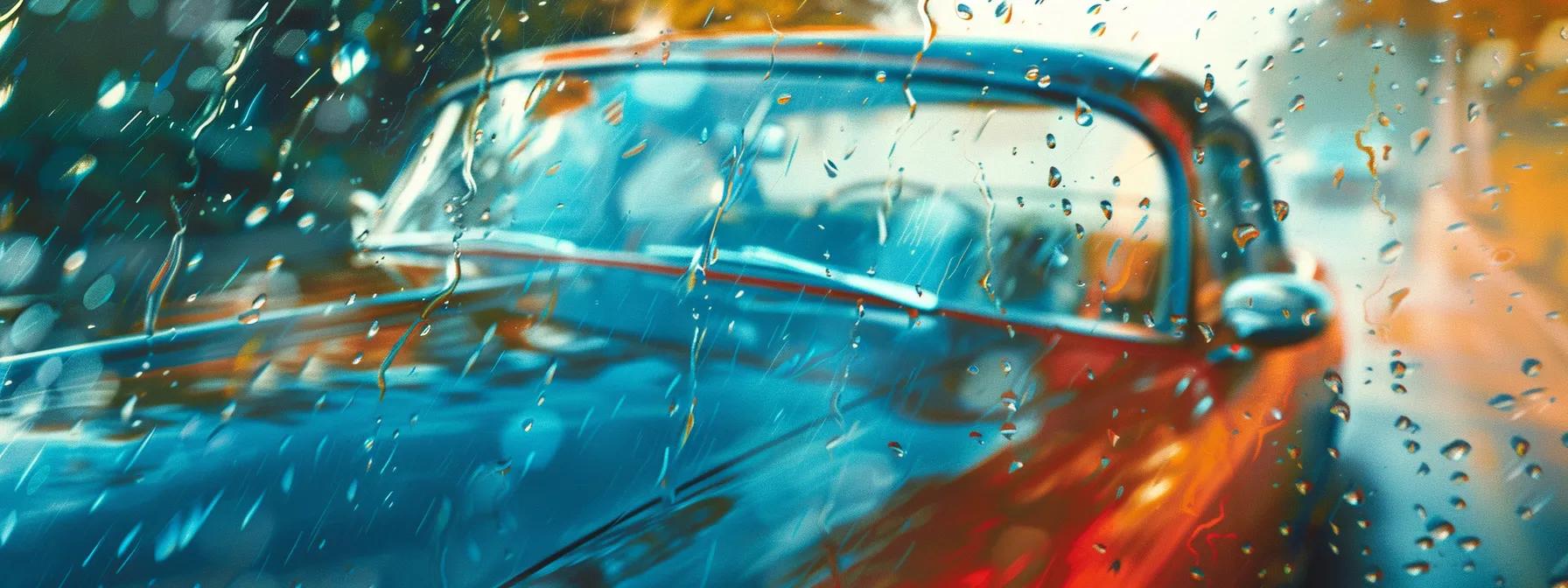
North Carolina law defines distinct VLT limits for different windows on passenger vehicles. IR Auto Solutions custom-cuts window film to these precise specifications for SUVs, trucks, and sedans.
Below is a summary of legal NC tint percentages by window:
NC Legal VLT Percentages by Window
| Window Location | Minimum VLT (%) | Factory Exemption |
| Front Side Windows | 35 | No |
| Rear Side Windows | 35 | Yes |
| Rear Windshield | 35 | Yes |
| Windshield Upper Strip | Up to Top 5 Inches | No |
IR Auto Solutions uses precision transmission meters to verify each film’s VLT before installation, guaranteeing both style and legal compliance for North Carolina tinted windows laws.
Who qualifies for window tint exemptions or special circumstances in NC?

NC law grants exemptions to vehicles with factory tint and medical necessity cases. IR Auto Solutions assists customers in documenting medical exemptions for dermatological photosensitivity.
Exemptions include:
- Vehicles manufactured with privacy glass behind the B-pillar
- Medical necessity for diseases like lupus or vitiligo (doctor’s note required)
- Law enforcement vehicles and ambulances for operational safety
When a physician certifies skin cancer risk or photosensitivity, drivers may apply for a permanent medical exemption, permitting a darker tint than the standard 35% VLT.
How is window tint compliance verified and enforced in NC?
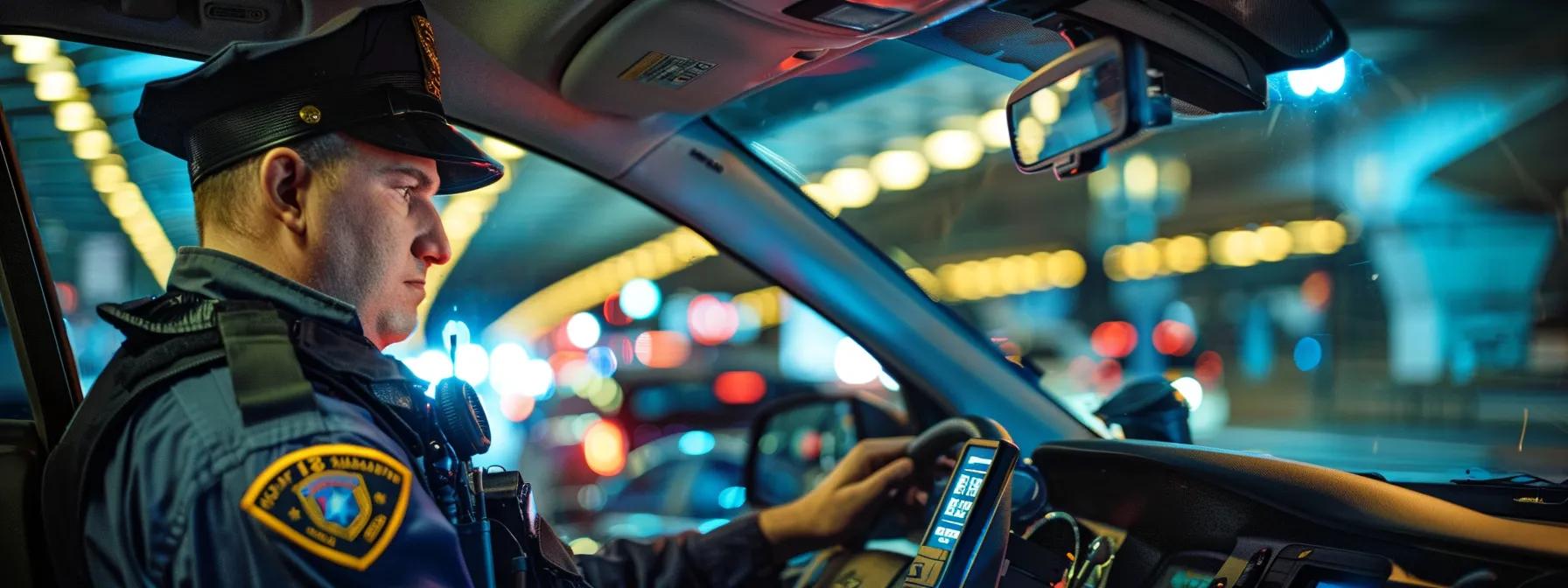
Law enforcement verifies compliance using portable tint meters during traffic stops and safety inspections. IR Auto Solutions recommends pre-inspection checks to avoid penalties.
Officers measure VLT at the darkest point with calibrated devices; measurements below 35% on front windows or outside allowed range trigger citations. Vehicle inspection stations in North Carolina perform annual checks, ensuring mobile window tinting jobs meet safety and regulatory standards.
What are the penalties for noncompliance with tint laws in NC?

Violating NC tint regulations is a misdemeanor punishable by fines and repair orders. IR Auto Solutions guides drivers through the repair order process to quickly regain compliance.
Penalties include:
- Fine of up to $200 for the first offense
- Possible repair order mandating film removal within 45 days
- Increased fines and court costs for repeat violations
Court-ordered removal of illegal tint may require evidence of proper VLT, which IR Auto Solutions can provide via transmission test reports.
How does the repair order process work for illegal tint in NC?
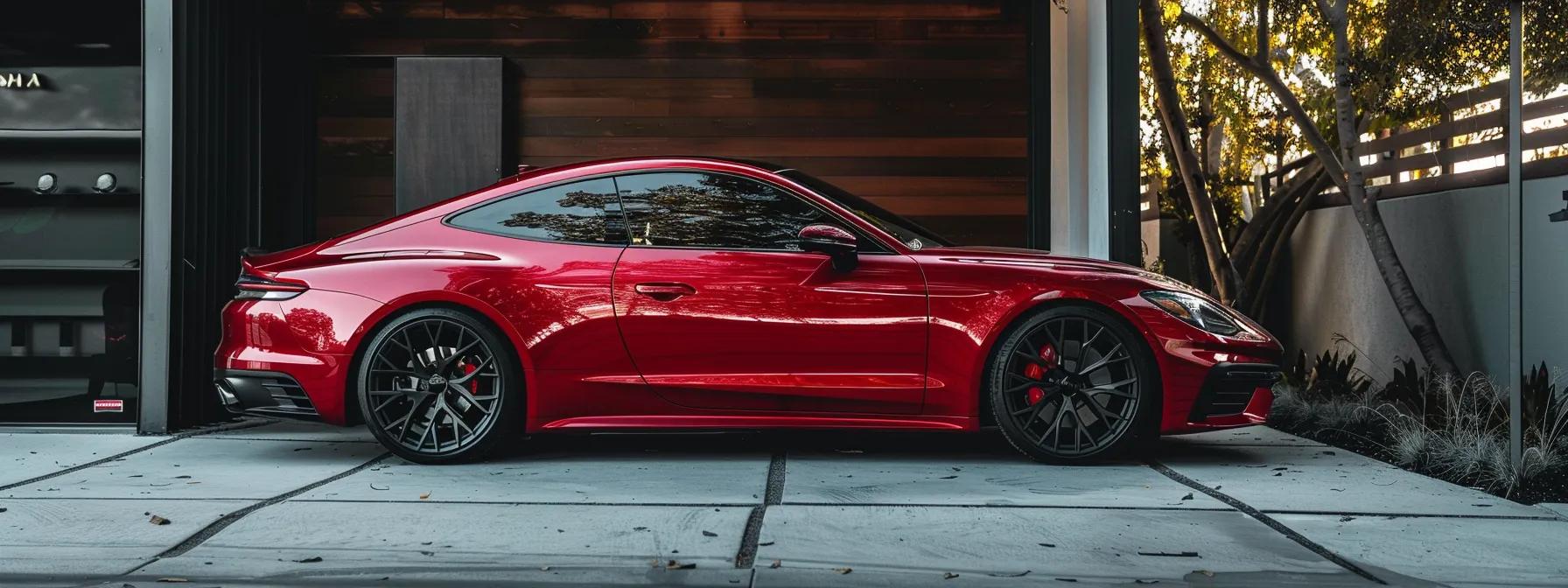
A repair order compels removal of illegal tint and submission of proof within 45 days. IR Auto Solutions offers mobile car tinting to complete repairs quickly, preventing further fines.
Steps include:
- Receive citation with repair order
- Contact a certified installer—IR Auto Solutions—for removal
- Obtain a compliance certificate after meter testing
- Submit certificate to the court or DMV
Completing this process restores legal status and avoids escalated penalties or vehicle inspection failure.
Where can drivers find reliable resources on NC car window tint laws?
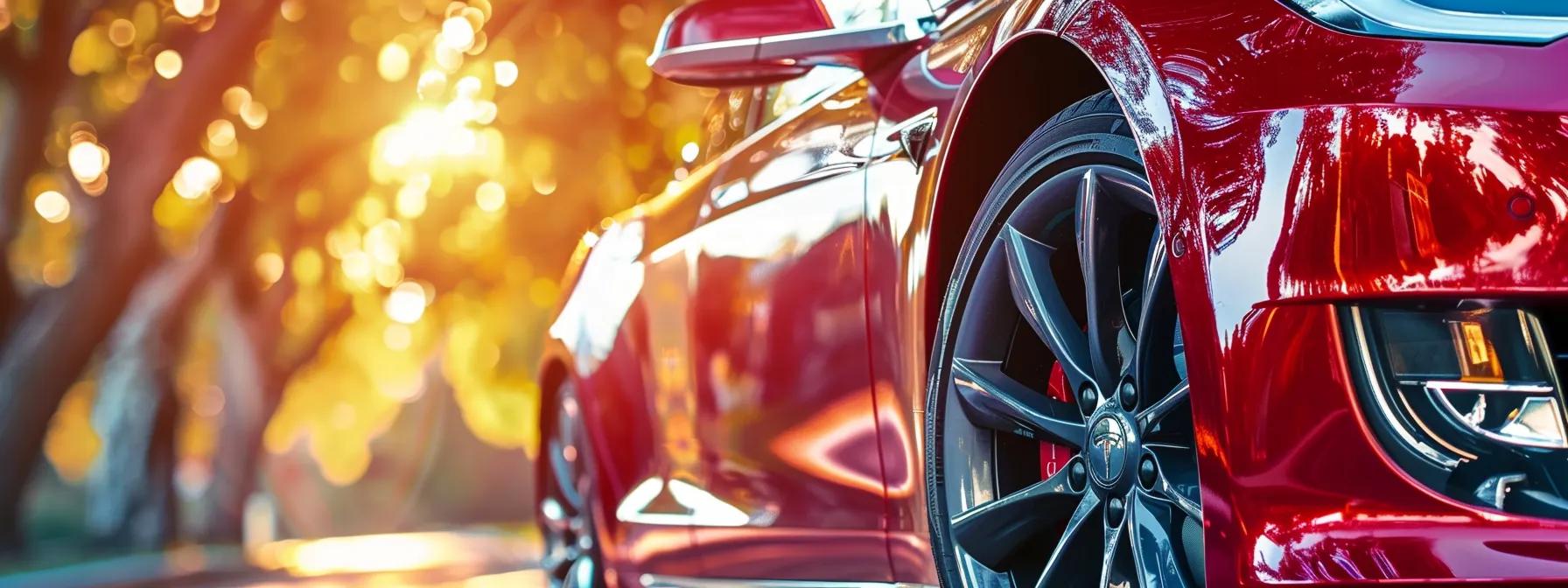
Official sources include the NC DMV, state statutes, and professional installers like IR Auto Solutions. These resources ensure up-to-date legal NC tint compliance.
Key references:
- North Carolina General Statutes §20-121 (window tint law)
- North Carolina DMV inspection guidelines
- IR Auto Solutions educational blog and free VLT testing
Consult these sites for the latest regulation changes and technical standards before scheduling auto window tinting with IR Auto Solutions in Asheville.
Can I tint my windshield beyond the top five inches?
No, only the upper five-inch strip of the windshield may be tinted under NC law.
Do SUVs have the same VLT limits as sedans?
SUVs follow identical VLT standards: 35% minimum on side and rear windows unless factory tinted.
How do I apply for a medical tint exemption?
Submit a physician’s certification of photosensitivity to the NC DMV for approval of darker tint.
Will window film removal satisfy a court repair order?
Yes, removal by a certified installer and a compliance certificate must be submitted within 45 days.
Which inspection stations test VLT during safety inspections?
Authorized NC DMV inspection stations use calibrated meters to verify VLT for window tint compliance.
Adhering to North Carolina’s legal tint standards safeguards driver visibility, UV protection, and avoids fines. IR Auto Solutions pairs expertise and precision to install compliant window films. Understanding VLT requirements and exemptions prevents costly repair orders. Use official DMV and statute resources for ongoing compliance.
